Afghanistan: Taliban breaks off ‘fruitless’ prisoner exchange talks
By DW
08 April 2020 |
9:27 am
The success of the US-brokered peace pact in Afghanistan is dependent on a prisoner swap between the Afghan government and the Taliban. The Taliban has said they will no longer take part in these "fruitless meetings."
In this article
Related
Related
1 day ago
Amnesty International is accusing Israel of a flagrant disregard for international law during its offensive in Gaza. The organisation's annual report says the situation is being compounded by the failures of Israel's allies to stop the indescribable civilian bloodshed being seen in the Palestinian enclave.
1 day ago
Taiwan's claim to be a regional bastion of human rights is undermined by its retention of capital punishment, activists say as they campaign to exonerate the island's oldest death row prisoner.
7 mins ago
The number of people suffering acute food insecurity rose in 2023 for the fifth year in a row, according to a UN-led report. Conflicts, extreme weather and economic shocks are worsening the food crisis many people face.
1 day ago
Antony Blinken arrived in China for his second visit in a year to discuss a range of issues amid rising tensions between the two countries.
1 day ago
Videos falsely claiming to show Israel invading or bombing the Gazan city of Rafah have gone viral on X this week. Also, what do we know about Israel's planned invasion of Rafah, based on satellite images? We tell you more in this edition of Truth or Fake.
1 day ago
Thousands of people in Portugal are marking the fiftieth anniversary of the country's Carnation Revolution – a military coup that put an end to Europe's longest dictatorship and to 13 years of colonial wars in Africa.
Latest
1 day ago
FG to integrate over 20% unbanked Nigerians into banking system says Shettima and more
1 day ago
Police in Germany have arrested a staff member of the German far-right Alternative for Germany party. Prosecutors say the individual was spying on behalf of China.
1 day ago
Russia's invasion of Ukraine has pushed enlargement back on top of Europe's agenda. But taking in new members would strain the bloc's budget.
1 day ago
For more than 60 years, the Dogu Express train has connected Turkey's capital Ankara to the eastern city of Kars.
1 day ago
A South African high court judge dismisses a case brought by the ruling ANC that had accused the MK party of copyright infringement. Also, flooding hits many parts of Kenya, sweeping away vehicles, submerging key highways and sending some communities scrambling to find higher ground. Staying in Kenya, we report on how a nation known for its marathon and long-distance running gold medals is now hoping to shine in sprint.
1 day ago
Boeing said Wednesday that it lost $355 million on falling revenue in the first quarter, another sign of the crisis gripping the aircraft manufacturer as it faces increasing scrutiny over the safety of its planes and accusations of shoddy work from a growing number of whistleblowers.
×

Get the latest news delivered straight to your inbox every day of the week. Stay informed with the Guardian’s leading coverage of Nigerian and world news, business, technology and sports.



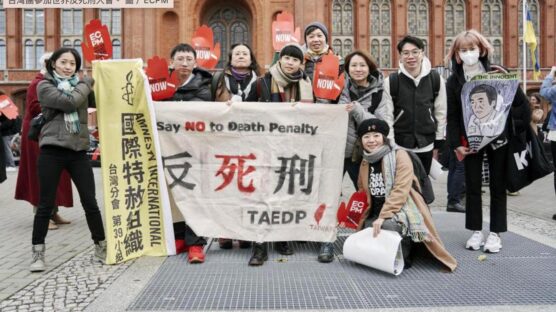
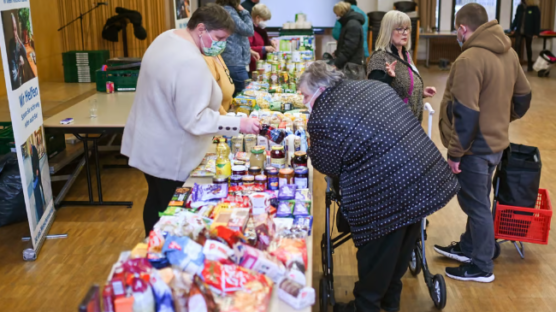
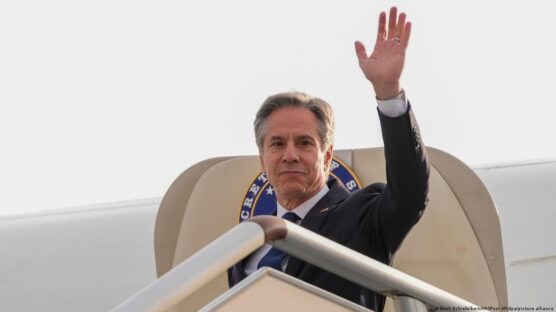
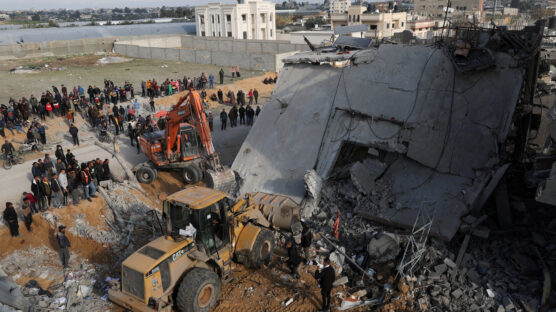






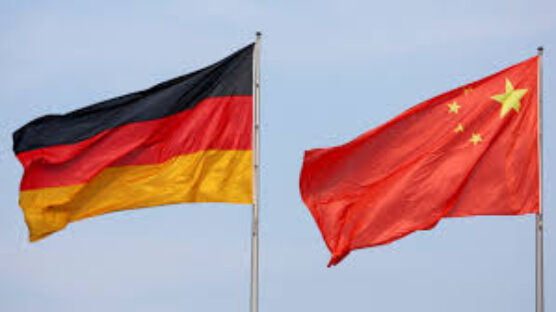

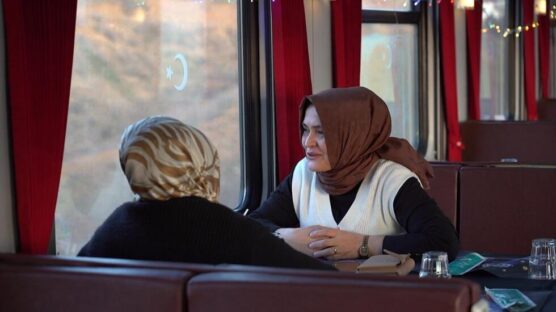
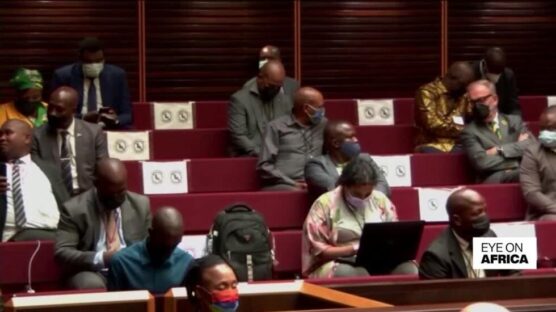

0 Comments
We will review and take appropriate action.